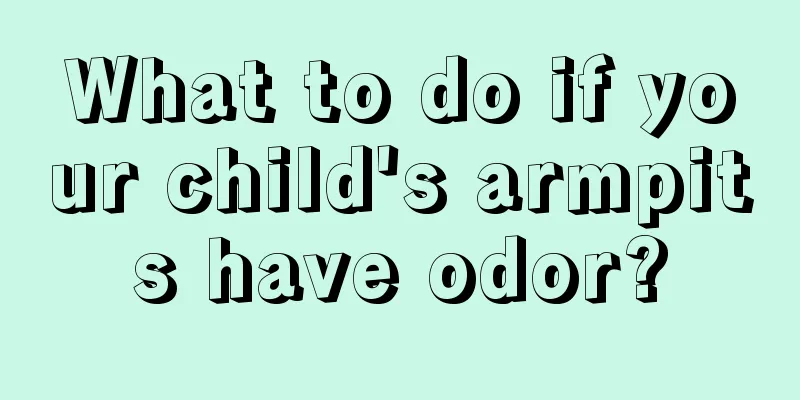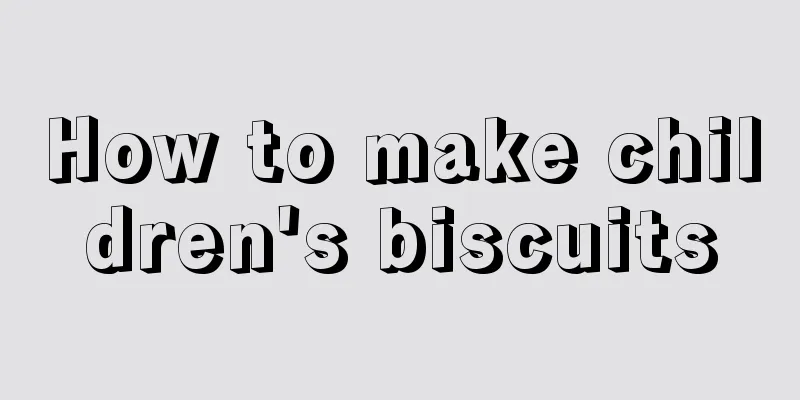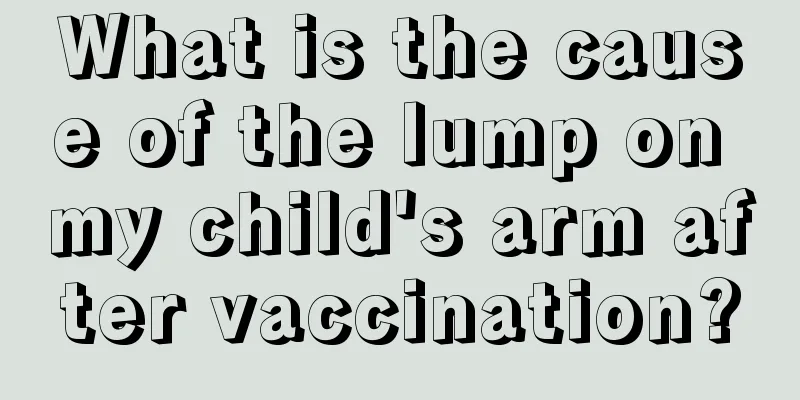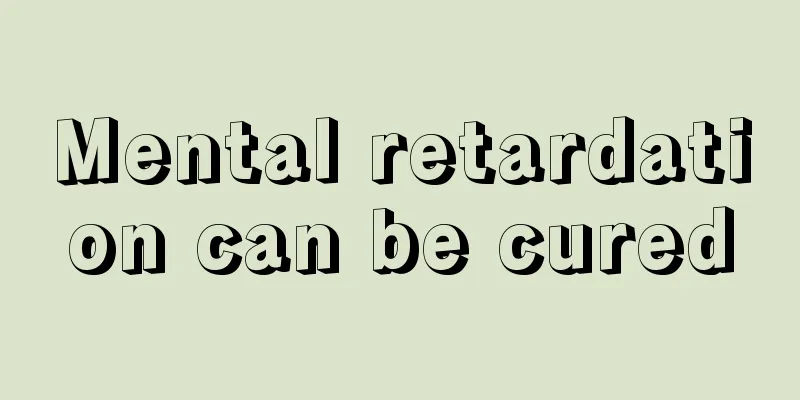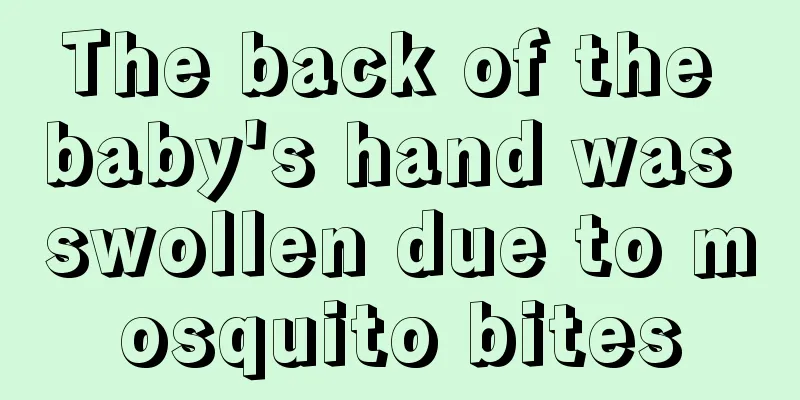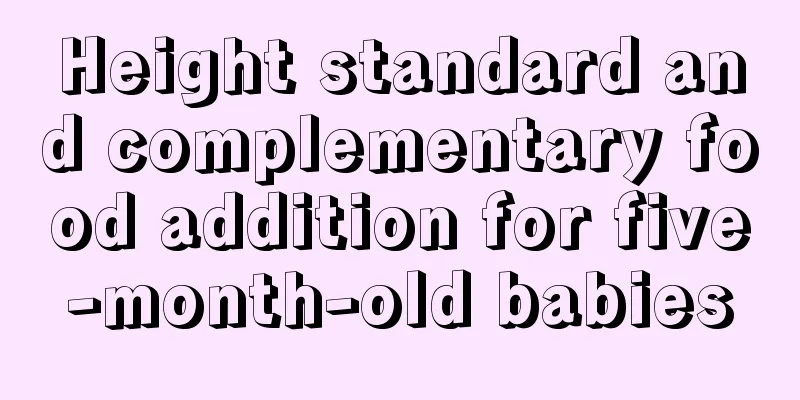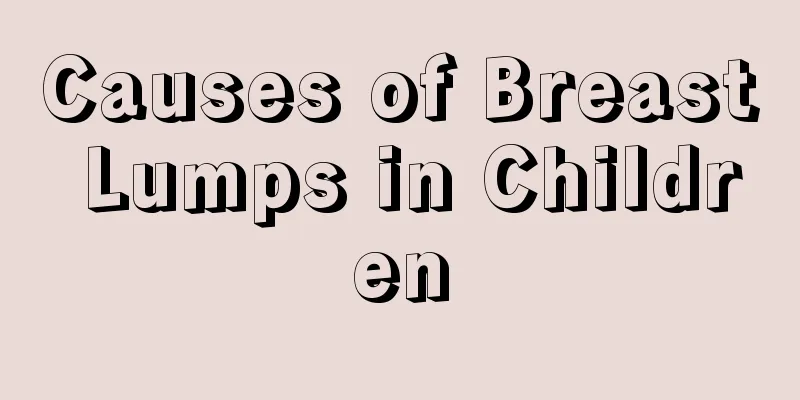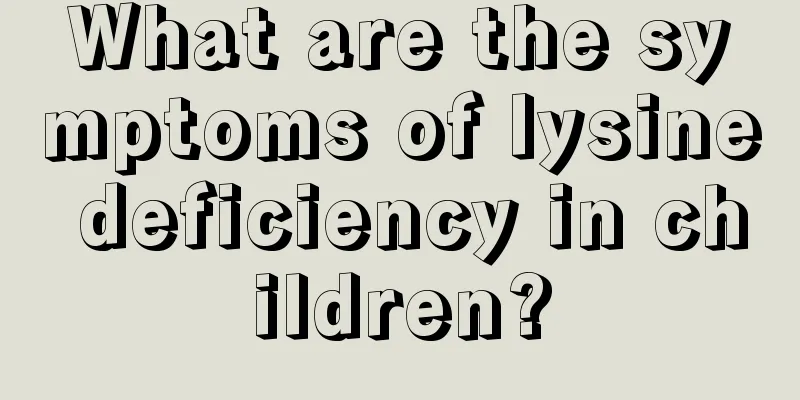What are the symptoms of chronic sinusitis in children?
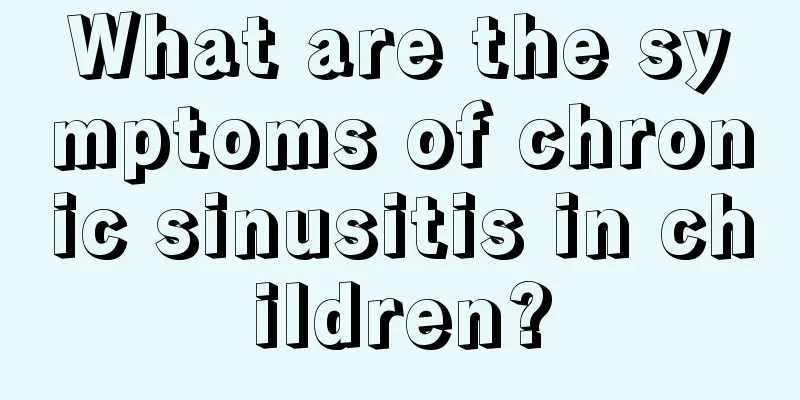
|
Chronic sinusitis is a nasal disease with a particularly high incidence rate in children. When a baby is infected with the disease, parents are particularly worried. The best way to deal with the disease is prevention. To better prevent sinusitis in children, we must first understand the relevant symptoms of sinusitis in children. Only in this way can we take targeted prevention measures. First, let’s take a look at the symptoms of chronic sinusitis in children! 1. Acute sinusitis: The early symptoms are similar to those of acute rhinitis or colds, but the systemic symptoms are more obvious than those in adults. Therefore, in addition to nasal congestion and excessive purulent discharge, there may be symptoms such as fever, dehydration, mental depression or irritability, rapid breathing, refusal to eat, and even convulsions. It is also accompanied by sore throat and cough; it may also be accompanied by acute otitis media, nosebleed, etc.; older children may complain of headache or pain on one side of the cheek. 2. Chronic sinusitis: The main symptoms are intermittent or frequent nasal congestion, mucous or mucopurulent nasal discharge, and frequent nose bleeding. Severe patients may show lack of energy, poor appetite, weight loss or low fever, and may even develop systemic diseases such as anemia, rheumatism, joint pain, colds, gastrointestinal or kidney diseases, resulting in developmental problems. 3. Due to long-term nasal obstruction and mouth breathing, the children suffer from developmental abnormalities in the maxillofacial, chest and intellectual functions. There are seven major symptoms of sinusitis in young children: (1) persistent purulent rhinorrhea; (2) chronic nasal obstruction; (3) posterior nasal discharge; (4) cough, which is usually worse when sleeping or waking up; (5) foul-smelling breath; (6) headache; and (7) behavioral changes. Physical signs may include: nasal congestion, purulent nasal drainage or choanae leakage, nasal polyps and/or facial and periorbital swelling, and may also be accompanied by signs of exudative otitis media and adenoid hypertrophy. The diagnosis of sinusitis in children should be based on a comprehensive analysis of symptoms, signs and imaging examinations. This is all we have to say about the symptoms of chronic sinusitis in children. From these symptoms, we can see that this disease will have a great impact on the baby's health, so parents must treat it with caution. Sinusitis can be divided into acute and chronic types, and it must be treated in time when it occurs. Once it develops into chronic sinusitis, the harm will be even greater. |
<<: How to treat chronic sinusitis in children?
>>: How to treat chronic pharyngitis in children?
Recommend
What is the appropriate medication for bronchial asthma in children?
Children are prone to bronchial asthma. After bec...
What are the reasons for children's head sweating when sleeping?
As we all know, sweating mostly occurs in hot wea...
How to deal with eczema after it scabs
Eczema is a very common skin disease. It is very ...
Transparent blisters in babies may be caused by herpes
If a baby develops transparent blisters, it may b...
What should I do if my child has difficulty breathing due to coughing?
Colds are more common in autumn and winter, espec...
How to treat a child who walks with a crooked foot?
Normally, parents who observe their babies carefu...
What can children with precocious puberty eat?
Nowadays, most children with precocious puberty a...
What are the symptoms of encephalitis in a 9-year-old child?
Brain diseases are relatively serious for humans,...
Neonatal stool occult blood positive
In our lives, it is very common for newborns to h...
What to do if a child has mumps and a fever
Summer is the peak season for mumps in children. ...
Two month old baby has yellow watery stool
If the stool of a two-month-old baby is yellow wa...
Earliest signs of development in girls
As girls grow older, their physical development c...
My 5-year-old child can't speak clearly. What's wrong?
If a five-year-old child still cannot speak clear...
What to do if your child has small pimples on his arms
Every move and every word of the child touches th...
Why is the child's urine white?
How unimportant children are in people’s eyes now...


